Changing Land
NEW RELEASE: Once green and dependable, the land Steven Bukaya farms has been reshaped by deforestation and unpredictable rain.
Filmmaker: Isaac Oboth
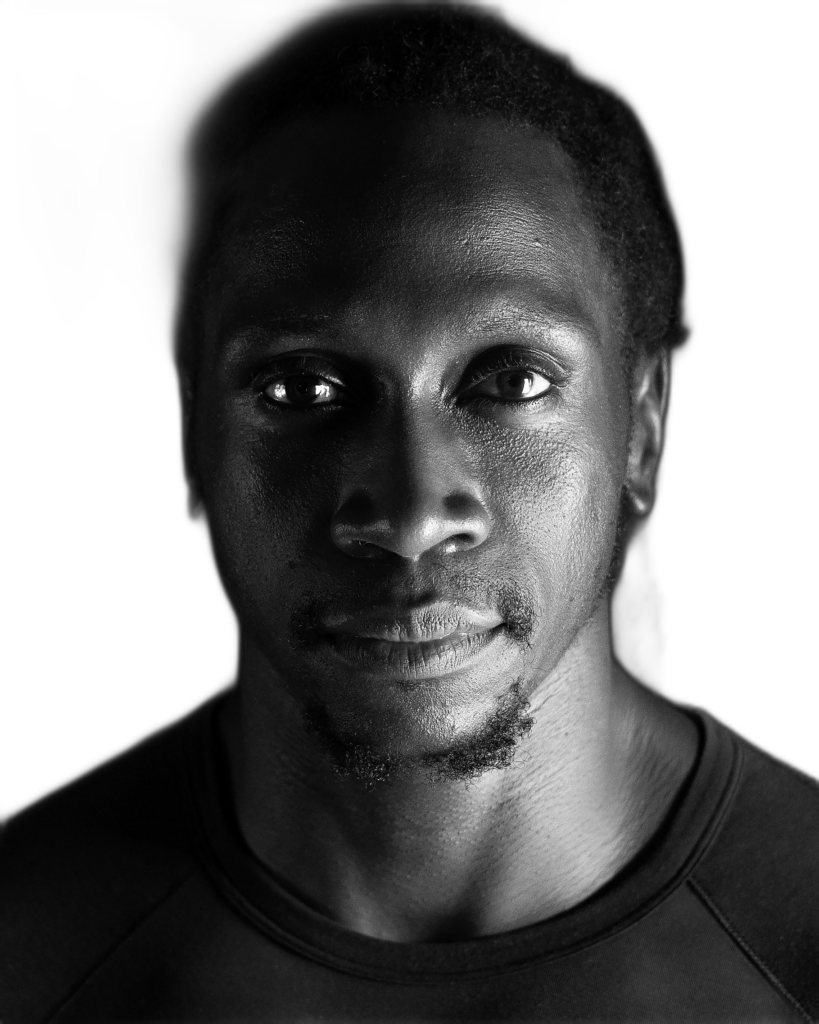
Isaac Oboth is a self-taught filmmaker from Uganda. He has shot, produced, and edited over 50 hours of internationally distributed documentary content from 40 African countries. Read more about Isaac Oboth
Boom or Bust?
NEW RELEASE: World Institute on Disability Fellow Kasim Sajjabi explores how Uganda's oil boom is excluding disabled workers.
Filmmaker: Kasim Rashid Sajjabi
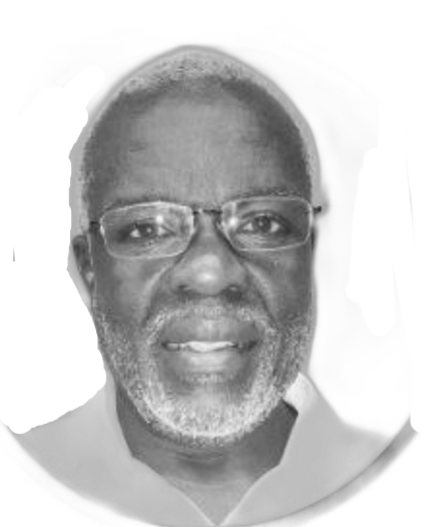
Kasim Sajjabi is a Ugandan disability scholar and advocate with over 25 years in the disability rights and justice field. Read more about Kasim Rashid Sajjabi
Who’s Watching the Government?
NEW RELEASE: World Institute on Disability Fellow Robbie Francis Watene highlights the urgent need for disabled-led monitoring of the UN Convention on the Rights of Persons with Disabilties.
Filmmaker: Robbie Francis Watene
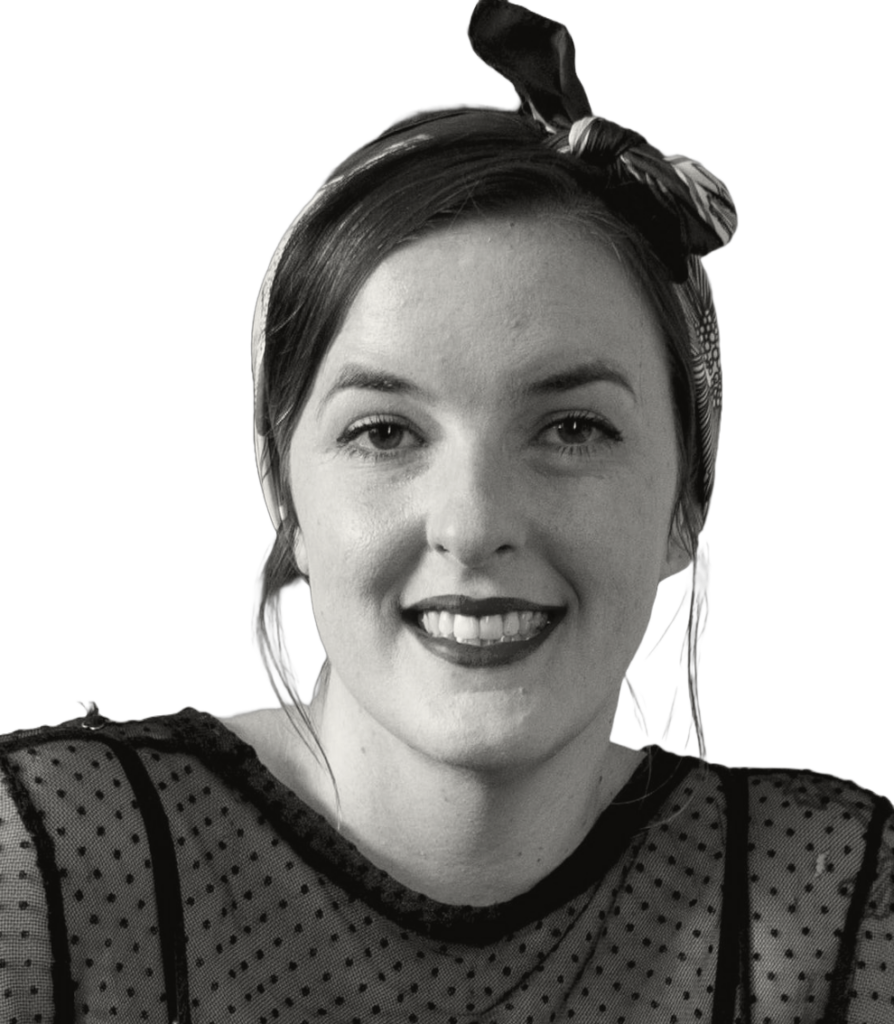
Dr Robbie Francis Watene is a scholar, leader, and human rights defender from Tāmaki Makaurau Auckland, Aotearoa New Zealand. Read more about Robbie Francis Watene
Access on Campus
NEW RELEASE: World Institute on Disability Fellow Munir Sewani shows how disabled students and faculty are working to make higher education more inclusive in Pakistan.
Filmmaker: Munir Sewani
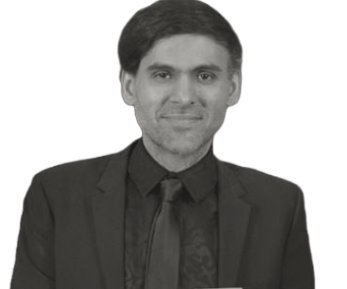
Dr. Munir Sewani is a university teacher, researcher, socio-educational theorist, and disability advocate. Read more about Munir Sewani
News From the Global Frontlines of Disability Justice
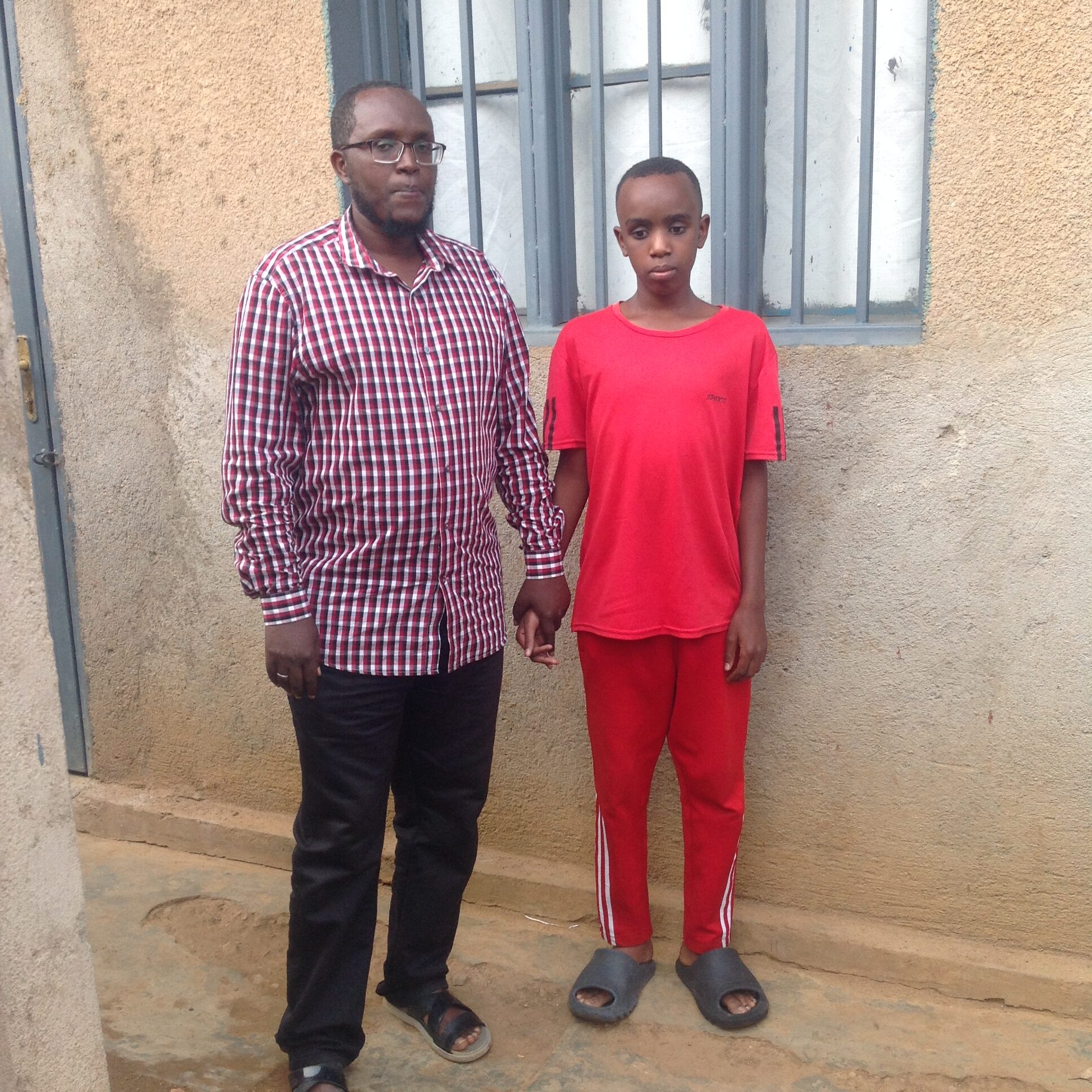
‘I Just Want to Walk Alone’
Fourteen-year-old Saifi Qudra relies on others to move safely through his day. Like many blind children in Rwanda, he has never had a white cane. His father, Mussah Habineza, escorts him everywhere. “He wants to walk like other children,” Habineza says, “He wants to be free.” Across Rwanda, the absence of white canes limits children’s mobility, confidence, and opportunity. For families, it also shapes daily routines, futures, and the boundaries of independence.
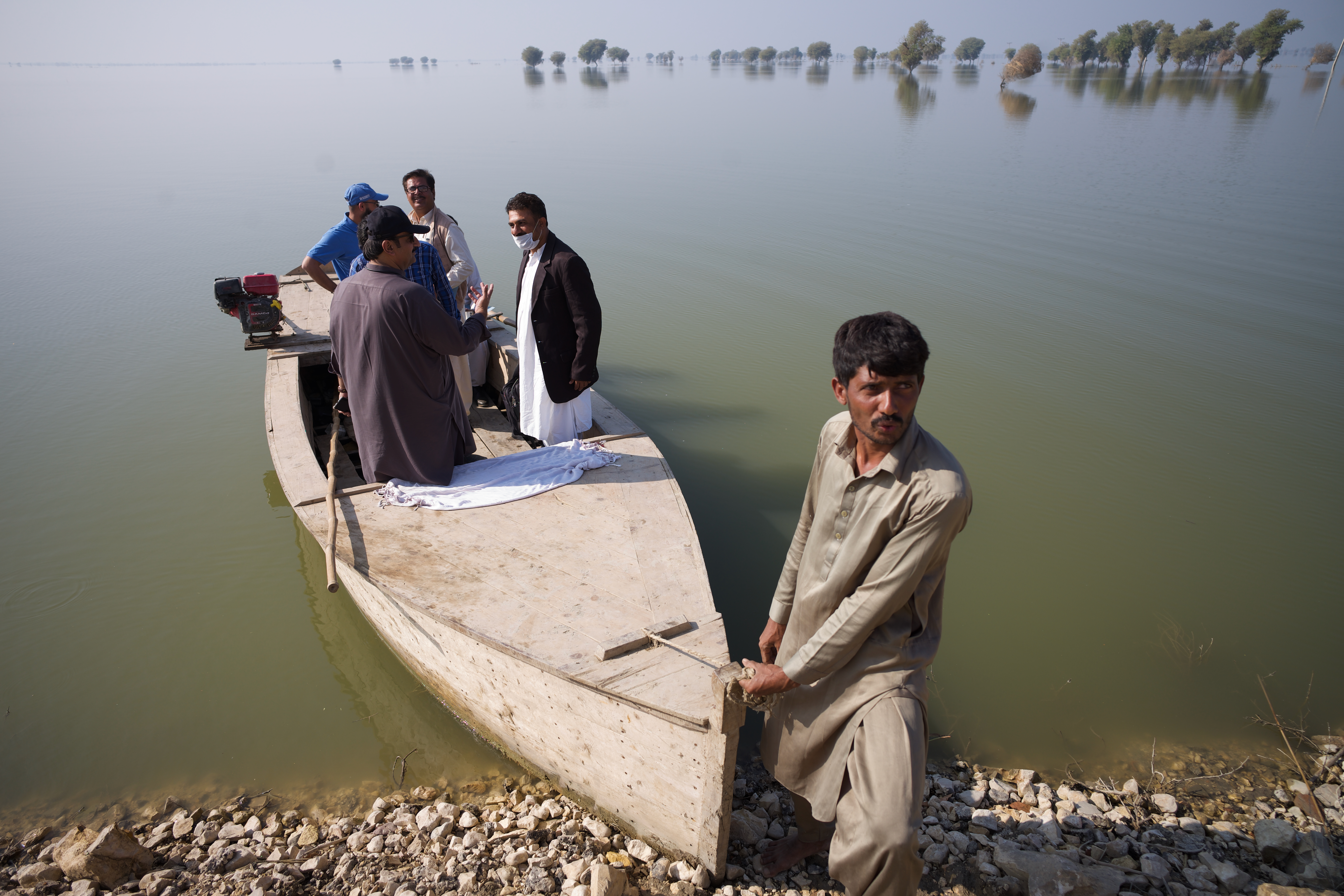
‘Evacuation Routes Are Meant for People Who Can Run’
As climate change and conflict intensify across Pakistan, emergency systems continue to exclude people with disabilities. Warning messages, evacuation routes, and shelters are often inaccessible, leaving many without critical information when floods or violence erupt. “Evacuation routes are built for people who can run,” Deaf author and policy advocate Kashaf Alvi says, “and information is broadcast in ways that a significant population cannot access.”
Read more about ‘Evacuation Routes Are Meant for People Who Can Run’
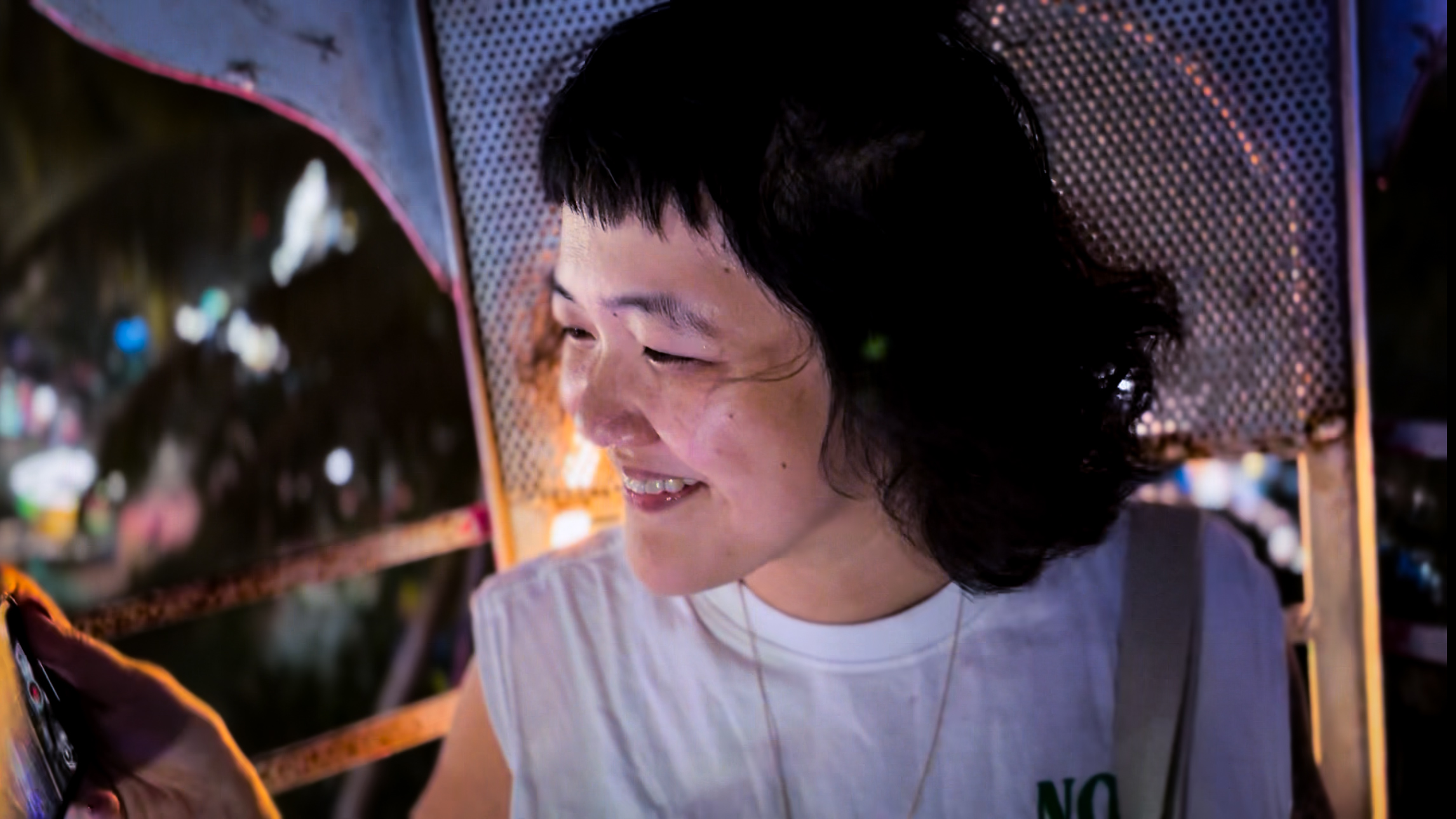
Autism, Reframed
Late in life, Malaysian filmmaker Beatrice Leong learned she was autistic and began reckoning with decades of misdiagnosis, harm, and erasure. What started as interviews with other late-diagnosed women became a decision to tell her own story, on her own terms. In The Myth of Monsters, Leong reframes autism through lived experience, using filmmaking as an act of self-definition and political refusal.
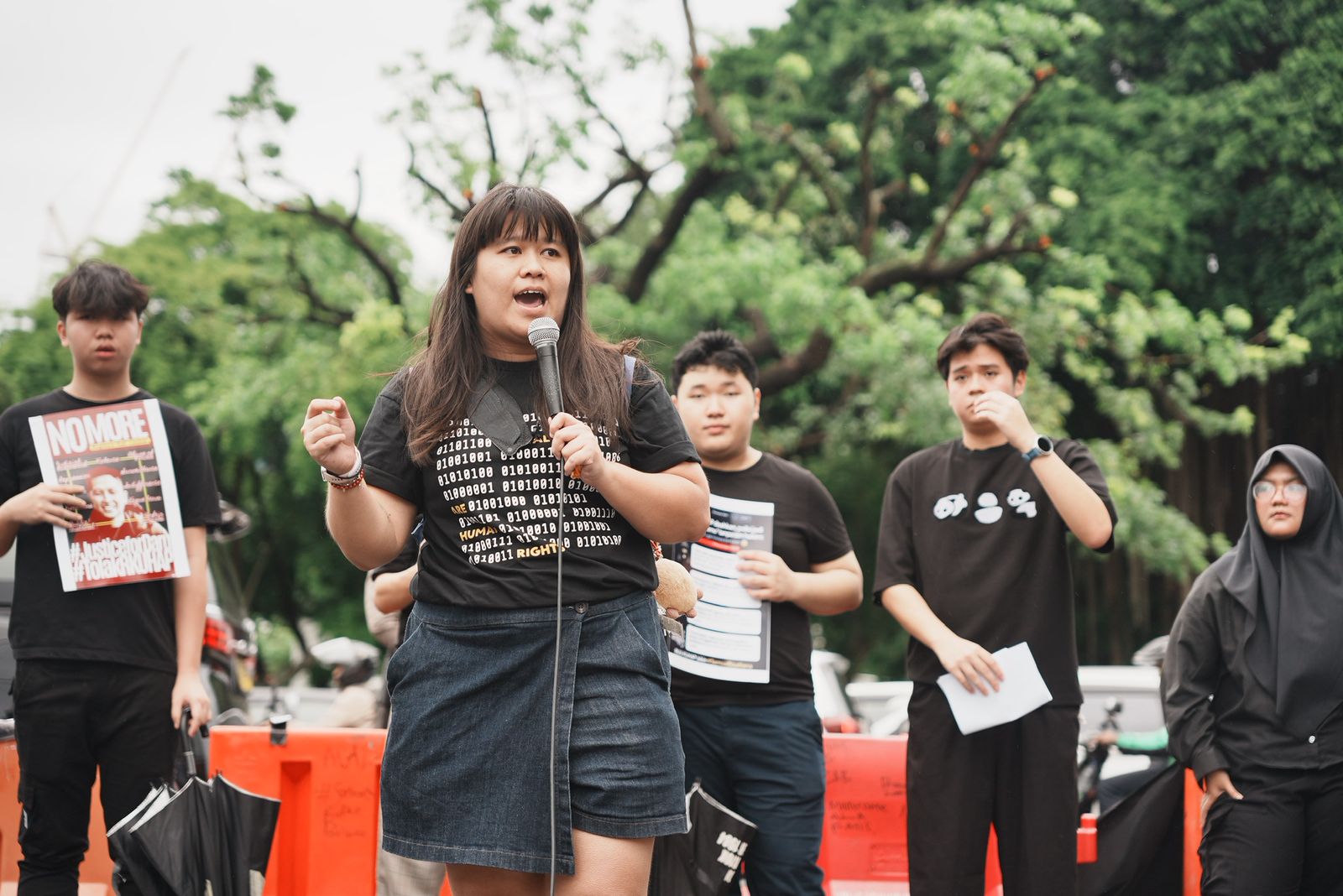
Disability and Due Process
As Indonesia overhauls its criminal code, disability rights advocates say long-standing barriers are being reinforced rather than removed. Nena Hutahaean, a lawyer and activist, warns the new code treats disability through a charitable lens rather than as a matter of rights. “Persons with disabilities aren’t supported to be independent and empowered,” she says. “… They’re considered incapable.”

Disability in a Time of War
Ukraine’s long-standing system of institutionalizing children with disabilities has only worsened under the pressures of war. While some facilities received funding to rebuild, children with the highest support needs were left in overcrowded, understaffed institutions where neglect deepened as the conflict escalated. “The war brought incredibly immediate, visceral dangers for this population,” says DRI’s Eric Rosenthal. “Once the war hit, they were immediately left behind.”
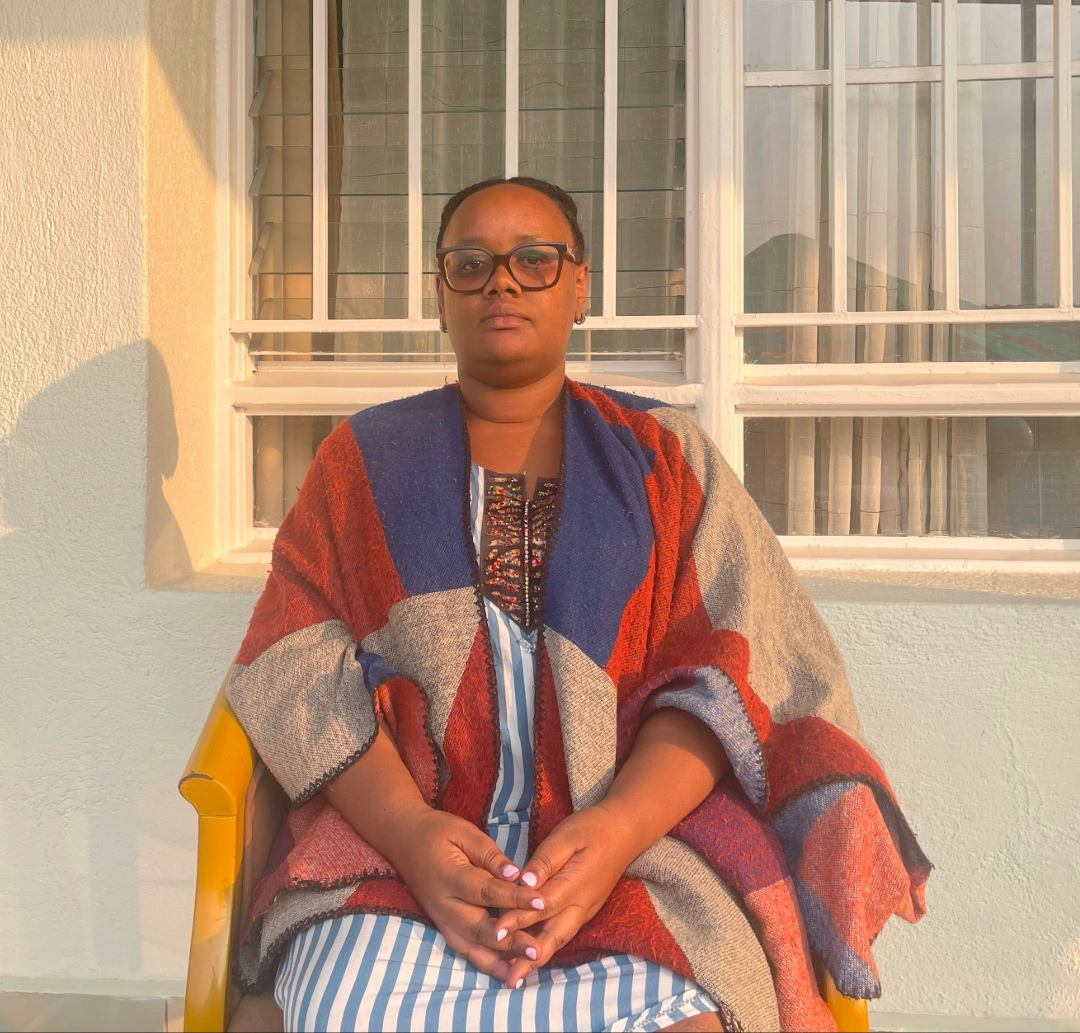
The Language Gap
More than a year after the launch of Rwanda’s Sign Language Dictionary, Deaf communities are still waiting for the government to make it official. Without Cabinet recognition, communication in classrooms, hospitals, and courts remains inconsistent. “In the hospital, we still write down symptoms or point to pictures,” says Jannat Umuhoza. “If doctors used sign language from the dictionary, I would feel safe and understood.”